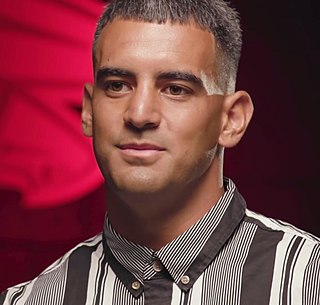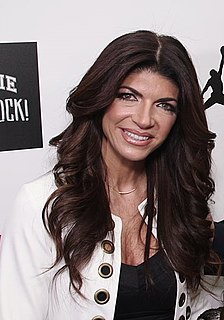A Quote by C. Everett Koop
One of the things we want to do is find ways, first, to impress these parents how important it is to have children in a situation where they can respond to them and, second, to bring intergenerational relationships into play.
Related Quotes
One can tell a child everything, anything. I have often been struck by the fact that parents know their children so little. They should not conceal so much from them. How well even little children understand that their parents conceal things from them, because they consider them too young to understand! Children are capable of giving advice in the most important matters.
As you develop relationships in your team you have to learn how your teammates react to being yelled at or how to put your arm around them and show them how to do things. You have to build those relationships up and understand who that person is and how they respond and choose your way to lead them to hopefully help everyone out.
And those handmade presents that children often bring home from school: They have so much value! The value is that the child put whatever he or she could into making them. The way we parents respond to the giving of such gifts is very important. To the child the gift is really self, and they want so much for their selves to be acceptable, to be loved.
Children grow rapidly, forget the centuries-long embrace from their parents, which to them lasted but seconds. Children become adults, live far from their parents, live their own houses, learn ways of their own, suffer pain, grow old. Children curse their parents for their wrinkled skin and hoarse voices. Those now old children also want to stop time, but at another time. They want to freeze their own children at the center of time.
Much of the pressure contemporary parents feel with respect to dressing children in designer clothes, teaching young children academics, and giving them instruction in sports derives directly from our need to use our children to impress others with our economic surplus. We find "good" rather than real reasons for letting our children go along with the crowd.
Are we not witnessing a situation where children are conciously rejecting their parents' value despite love and devotion given to them? The present situation has arisen because parents have failed to transmit a sustaining faith to their children. The basic reason for this failure is that the parents themselves lacked faith. Without faith, their love was an image not a reality, a statement of words not an expression of feelings
I noticed that I used to go to second hand shops and flea markets and find funny, cute things, but now I go into those stores, and I think, This is dead people's stuff. This is all, like, somebody cleaned out their parents' house, and I don't want any of it. If I didn't want it from my parents, I don't want it from your parents.
I want children who can make eye contact. I want children who know how to resolve conflicts with their peers. I want children who understand the dynamics of interpersonal relationships that are physical and tactile. I do not want children that only know how to interface with the world through a screen.
Love involves more than just feelings. It is also a way of behaving. When Sandy said, "My parents don't know how to love me," she was saying that they don't know how to behave in loving ways. If you were to ask Sandy's parents, or almost any other toxic parents, if they love their children, most of them would answer emphatically that they do. Yet, sadly, most of their children have always felt unloved. What toxic parents call "love" rarely translates into nourishing, comforting behavior.
Mothers and fathers act in mostly similar ways toward their young children. Psychologists are still highlighting small differencesrather than the overwhelming similarities in parents' behaviors. I think this is a hangover from the 1950s re-emergence of father as a parent. He has to be special. The best summary of the evidence on mothers and fathers with their babies is that young children of both sexes, in most circumstances, like both parents equally well. Fathers, like mothers, are good parents first and gender representatives second.




































